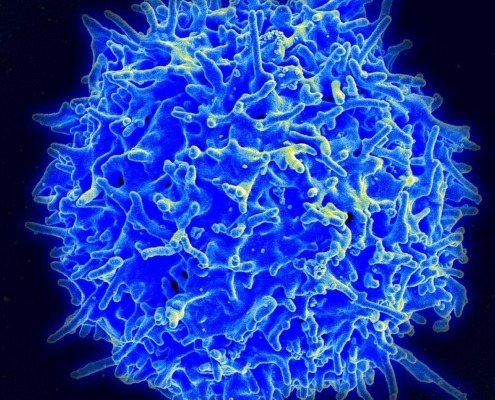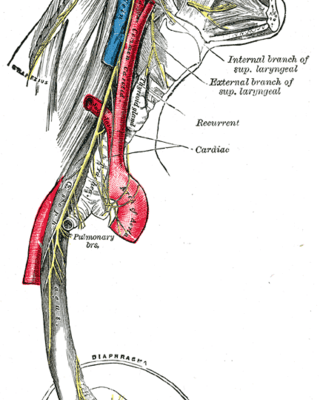 Joan Cass
Joan Cass2e twice-exceptional
2e twice-exceptional individuals are gifted individuals who also have one or more learning disabilities, ADHD, or other neurodivergent conditions. Some common symptoms of 2e gifted individuals include:
 Joan Cass
Joan CassAutoimmune Conditions
Autoimmune conditions are disorders, the immune system mistakenly attacks the body's own cells and tissues. Complex autoimmune conditions.
 Joan Cass
Joan CassServices Natural Healing Sources
What I can offer you in the way of Services. Nutrition Plans, Weight Loss, Mental Peace, Home training, Mentorship Program, Membership
 Joan Cass
Joan CassHealth Benefits of Cacao
Cacao is incredibly rich in antioxidants, particularly flavonoids. These antioxidants help protect cells from oxidative stress and damage caused by free radicals, potentially reducing the risk of chronic diseases like heart disease and cancer.
 Joan Cass
Joan CassListen To Your Body For Food
"Listen to your body for food" is a concept that encourages individuals to pay attention to their body's signals and cues in relation to hunger, fullness, and food preferences.
 Joan Cass
Joan CassMemory T Cells Cancer?
Memory T Cells Cancer?
Various herbs and natural compounds have been studied for their potential immunomodulatory effects, including the activation of T cells.
Memory T cell development is a complex process involving the adaptive immune response and research on herbs specifically targeting this aspect.
 Joan Cass
Joan CassLeaky Gut Syndrome
Now, let's talk about the concept of Leaky Gut Syndrome. The idea behind Leaky Gut Syndrome is that the lining of the intestine becomes more permeable, allowing substances like toxins, undigested food particles, and bacteria to pass through and enter the bloodstream.
 Joan Cass
Joan CassGuatemala Coffee Health Benefits
Guatemala is renowned for producing high-quality single-origin coffee beans that offer unique flavor profiles and characteristics due to the country's diverse geography, altitude, and climate. Here's some information about Guatemala's single-origin coffee and its attributes:
- Geographical Diversity: Guatemala's coffee-growing regions vary in altitude, climate, and soil composition. These factors contribute to the distinctive flavors found in Guatemalan single-origin coffees. The country's coffee regions include Antigua, Atitlán, Huehuetenango, Cobán, and more.
- Flavor Profile: Guatemalan single-origin coffees often showcase a balance of flavors, with tasting notes that can include chocolate, caramel, fruitiness (such as citrus or berry), floral undertones, and sometimes nutty or spicy accents. The volcanic soils and microclimates of the different regions contribute to this complexity.
- Altitude Advantage: Many Guatemalan coffee farms are located at high altitudes, which can contribute to the beans' desirable characteristics. Higher altitudes generally result in slower bean development, leading to increased complexity and acidity in the cup.
- Processing Methods: Guatemalan coffee is typically processed using various methods, including washed (fully washed), natural (dry processed), and honey (semi-washed) processing. Each method can influence the flavor profile, body, and acidity of the final coffee.
- Acidity and Brightness: Guatemalan single-origin coffees are known for their vibrant acidity, which provides a lively and tangy sensation on the palate. This acidity often adds complexity to the overall flavor experience.
- Aroma and Aesthetic: The aroma of Guatemalan coffees can be rich, offering a combination of floral, fruity, and earthy notes. The appearance of the coffee beans varies depending on the processing method but generally tends to be well-developed and of high quality.
- Direct Trade and Sustainability: Many coffee producers in Guatemala are committed to sustainable and ethical practices. Some coffee farms engage in direct trade relationships with roasters, ensuring fair compensation for farmers and fostering long-term partnerships.
- Cultural Heritage: The cultivation of coffee has a significant cultural and historical impact in Guatemala. The country's coffee production has deep ties to its traditions and rural communities, making Guatemalan single-origin coffee not just a beverage but a part of the nation's identity.
 Joan Cass
Joan CassThe Vagus Nerve
This remarkable cranial nerve (the 10th of the 12) plays a crucial role in numerous bodily functions, making it a star player in our internal orchestra.


 Joan Cass
Joan Cass